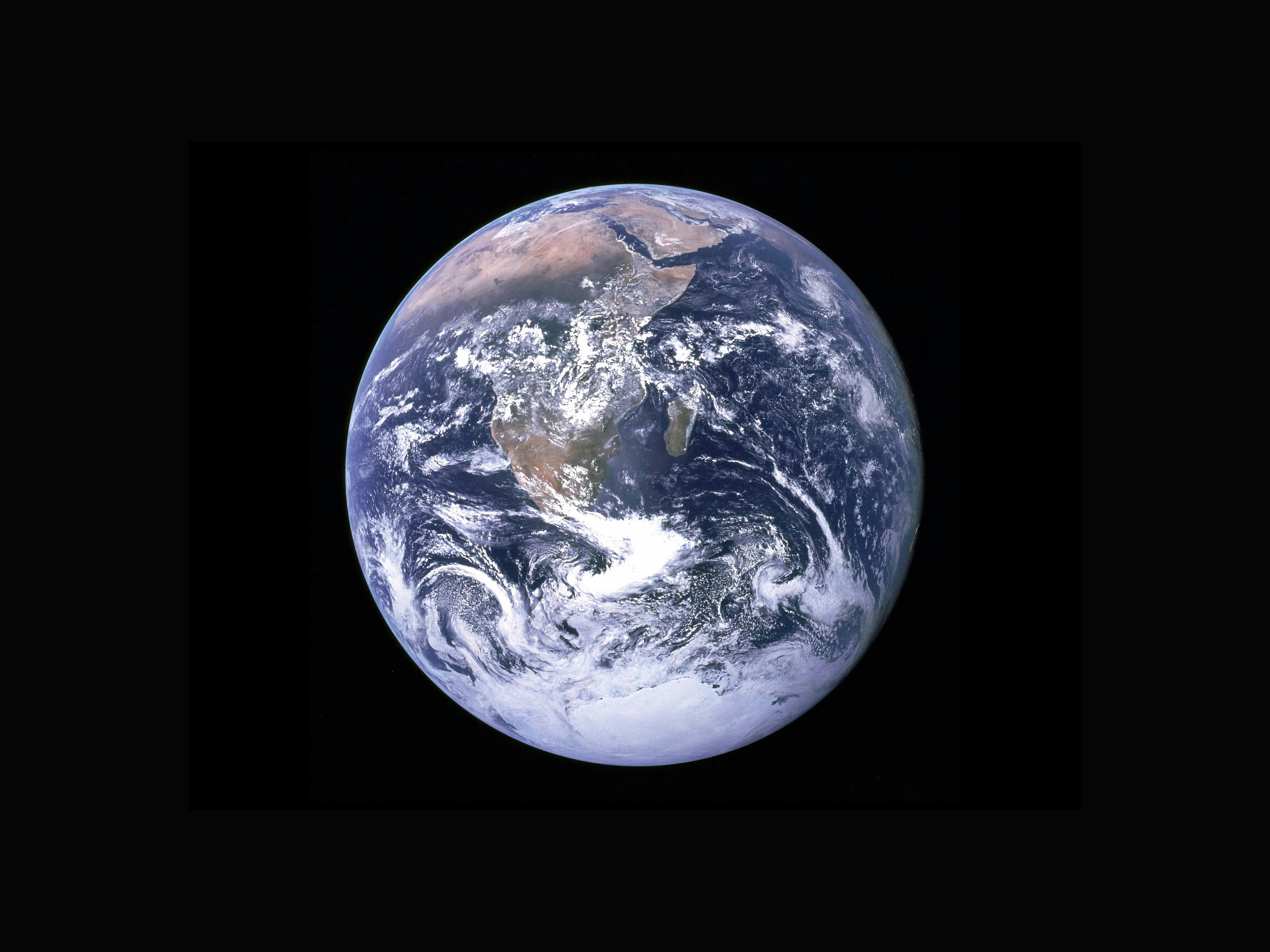Can Medina become a ‘city of knowledge’?

Stay up to date:
Hyperconnectivity
Can an ancient religious city as sacred and unique as Medina rebrand itself as a “knowledge economic city” in the 21st century? Can an urban real estate project drive this vision for Medina?
In 2006, the Kingdom of Saudi Arabia announced its intention to create a new Knowledge Economic City in the northwest quadrant of Medina, donating land and investing billions of dollars in a major city infrastructure and real estate development project. Fast transport will link the area to the central mosque within minutes.
Companies with knowledge-intensive characteristics will be encouraged to set up there. Great minds will be encouraged to retire there. Conferences will be held and properties will be sold to investors. Scheduled investments include a major new hospital and a vast Epcot Centre for the Islamic world, including the lands of Islam and stories from the Koran, designed to entertain and delight families in the off-hours. But there is a greater vision.
Al-Madinah Al Munawwarah literally means “the city of light” and was historically a centre for both spiritual and intellectual pursuits. After prayers, students would gather around various pillars of the holy mosque as global scholars taught them. It was the bricks-and-mortar internet of its day. This intellectual vocation fell by the wayside but may now be on the rebound.
Millions of people come to Medina throughout the year, not just at Hajj, making the lesser pilgrimage of Umrah. The city could, with its new modern university, hold conferences on major issues of the day, with experts in science, math and letters. Whether this project leads to an intellectually driven residential and corporate community remains to be seen.
To ease the transformation, repositioning need not wait for buildings to be in place. In prosaic terms, conference tourism could augment religious tourism in a culturally sensitive way, enhancing the appeal for investors, retirees and even companies to settle there. Even before the buildings are up, Medina could simply announce informal symposiums. Physicists might come the first week in March, astronomers the second, experts in diabetes the third, and so on. Intellectual stimulation could be added to spiritual activities. Medina could recapture an intellectual leadership role contributing to knowledge generation and dissemination.
At times, the project seemed to suffer from lack of coordination among real-estate developers, city leaders and Saudi visionaries. Travel restrictions on women and on non-Muslims who may not travel inside the excluded area in much of the city centre also complicate things. But if “city competitiveness” can be relevant to Medina in the vision of King Abdullah, then there is virtually no city in the world that cannot benefit from a rethinking of its vocation.
Read the new Competitiveness of Cities report here.
Author: Kevin Murphy is President and Chief Executive Officer J.E. Austin Associates
Image: Pilgrims are seen at Prophet Mohammad’s Mosque in the holy city of Medina, Saudi Arabia. REUTERS/Ali Jarekji
Don't miss any update on this topic
Create a free account and access your personalized content collection with our latest publications and analyses.
License and Republishing
World Economic Forum articles may be republished in accordance with the Creative Commons Attribution-NonCommercial-NoDerivatives 4.0 International Public License, and in accordance with our Terms of Use.
The views expressed in this article are those of the author alone and not the World Economic Forum.
Related topics:
Forum Stories newsletter
Bringing you weekly curated insights and analysis on the global issues that matter.
More on Financial and Monetary SystemsSee all
Spencer Feingold
April 17, 2025
Lucia Fry and Naomi Nyamweya
April 17, 2025
Spencer Feingold
April 15, 2025
Hubert Keller and Maximilian Martin
April 15, 2025
Makaio Witte and Sourajit Aiyer
April 14, 2025
Tariq Bin Hendi
April 8, 2025



